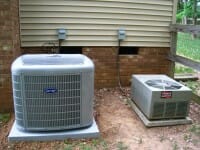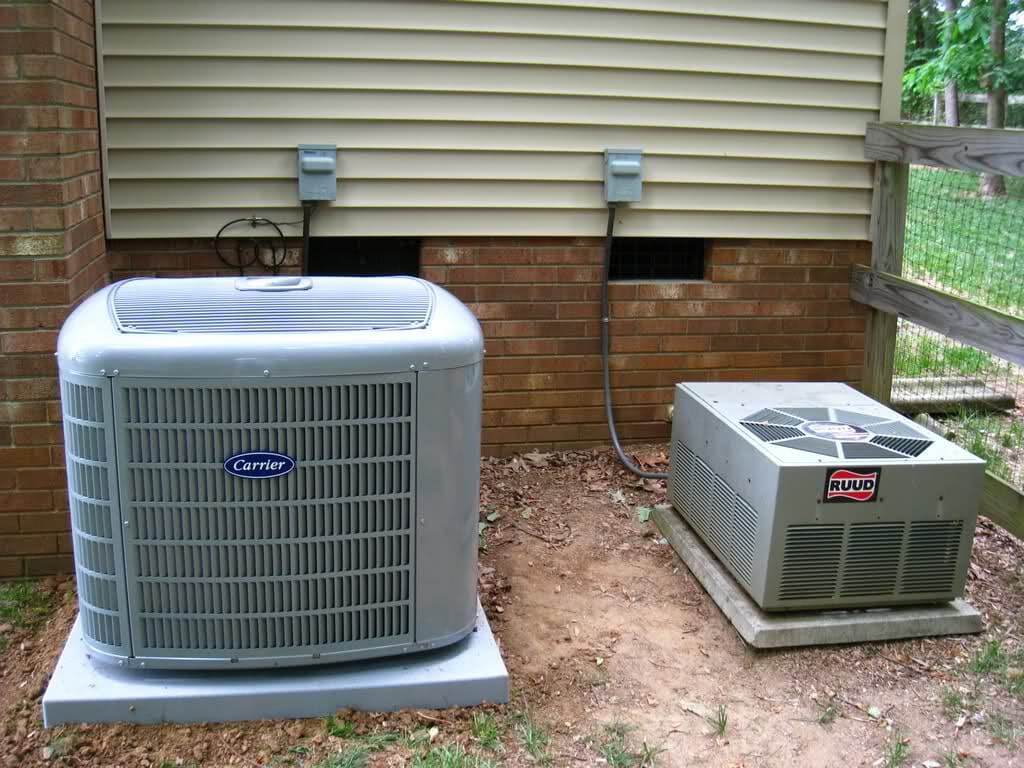There are many skills home improvement professionals need on the job to ensure quality results. While there are skills of the trade that develop over time, there is an additional skill that can set you apart from the rest: customer management.
While some homeowners are easy to work with, others make the job harder than it needs to be. Here are the three most common types of homeowner objections you might encounter in the home improvement industry:
Micromanagers
Have you ever encountered a homeowner who “knows” as much as you do when working on a home improvement project? In these situations, homeowners usually ask why you are working in one area versus the other or suggest alternative methods.
Sometimes, these micromanagers like to stay by your side, watching you while you work. This can sometimes be a little unnerving when you are busy working on completing the project. Follow these simple tips when handling micromanager:
- Be Patient: Remember that the homeowner will refer friends and family if they are happy with your service. When needed, offer a listening ear, and be patient when things start to get complicated.
- Show Your Qualifications: Reminding the homeowner about your experience and qualifications can put their mind at ease. Micromanagers are often worried about the outcome, so it is essential to reassure them that their home improvement project is in good hands.
- Overinform the Project Timeline: Be proactive about communicating timelines and details to keep them in the loop.
Overstepping Boundaries
The second objection contractors face: when homeowners overstep their boundaries. This type of scenario is often a result of homeowners not being mindful of the contractors’ time and availability.
There are times when emergency response is needed; however, there are also times when a homeowner consistently contacts you before or after business hours. The solution: be proactive about setting your expectations with homeowners and inform them when you are available. Finally, encourage homeowners to contact you through different mediums.
Bargain Hunting
Everyone wants to save money, especially on high-ticket purchases such as home improvement projects. Therefore, it is common for homeowners to shop around before choosing a contractor to get the best price available.
For example, you might encounter homeowners who are still trying to get a bargain after the project has started. For instance, they might expect you to add extra material for half the cost or decrease your rate.
When these situations arise, explain to the homeowner that the agreed contract rate carefully calculates costs and overhead. Then, build value by showing why they are getting a great deal for such high-quality services. An alternative could also be a compromise.
Remember that homeowners are happy to spend a little more when they know the value in their purchase. So, infuse your unique value proposition in the sales pitch and early conversations, which will help to reduce the likelihood of encountering bargain hunters.









